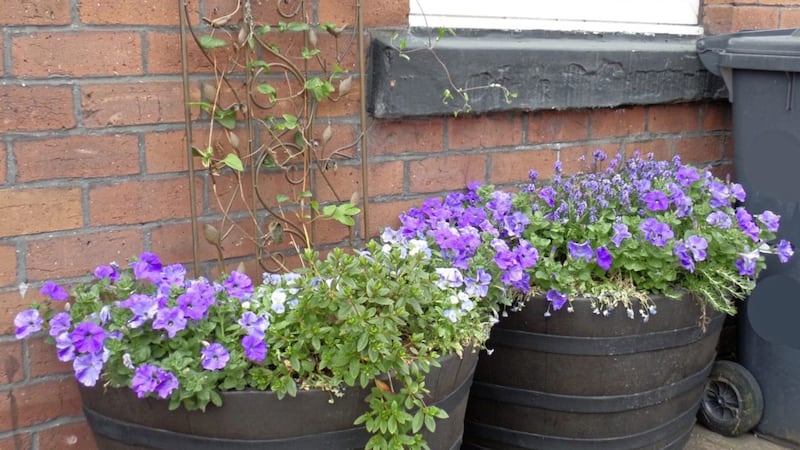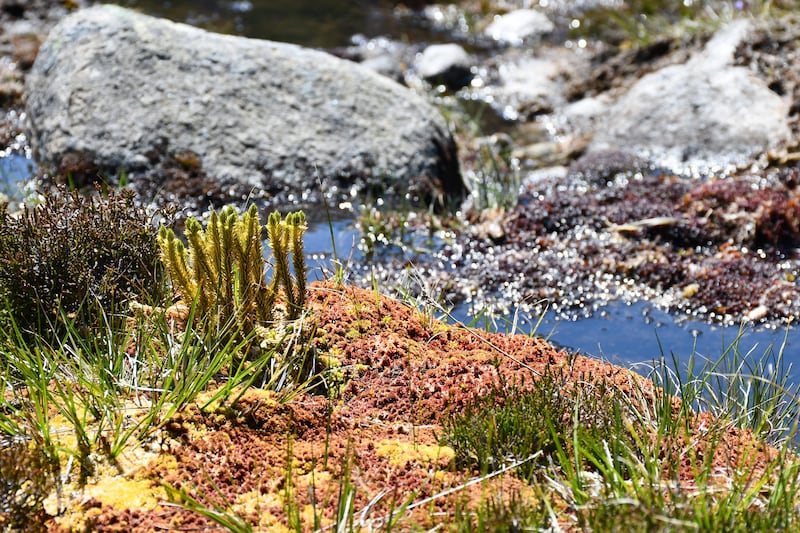ADDING just a few plants to a bare front garden can lower stress levels and help people feel happier, research suggests.
Researchers introduced ornamental plants such as juniper, azaleas, clematis, lavender, daffodil bulbs and petunias into small bare front yards in economically deprived streets in Manchester.
The study by the Royal Horticultural Society and the universities of Sheffield, Westminster, and Virginia in the US then measured residents' stress levels.
Residents could each receive one tree, one shrub, one climber and enough smaller plants to fill two containers. They were not required to look after them, as the containers were “self watering” with an in-built reservoir, but they were encouraged to take part in gardening their plot, with help from RHS advisors.
The team measured residents’ cortisol – the key stress-response hormone – before and after the plants were added, and found a higher proportion of healthy daytime cortisol patterns after planting, suggesting they had a better health status.
The research found only 24 per cent of residents had healthy cortisol patterns before the plants went in, but over the year following the greening of the front gardens, this increased to 53 per cent.
More than half of the residents in the trial said the garden helped them to feel happier. More in-depth interviews showed the garden motivated people to do more gardening and renovate other areas of their home and garden. They also found the garden relaxing.
“The stress reduction data is startling, in that we found such a significant response with just a relatively small number of plants" researcher Dr Lauriane Suyin Chalmin-Pui said, calling for "a change in the way we strategise, design, plan and build our living spaces”.








